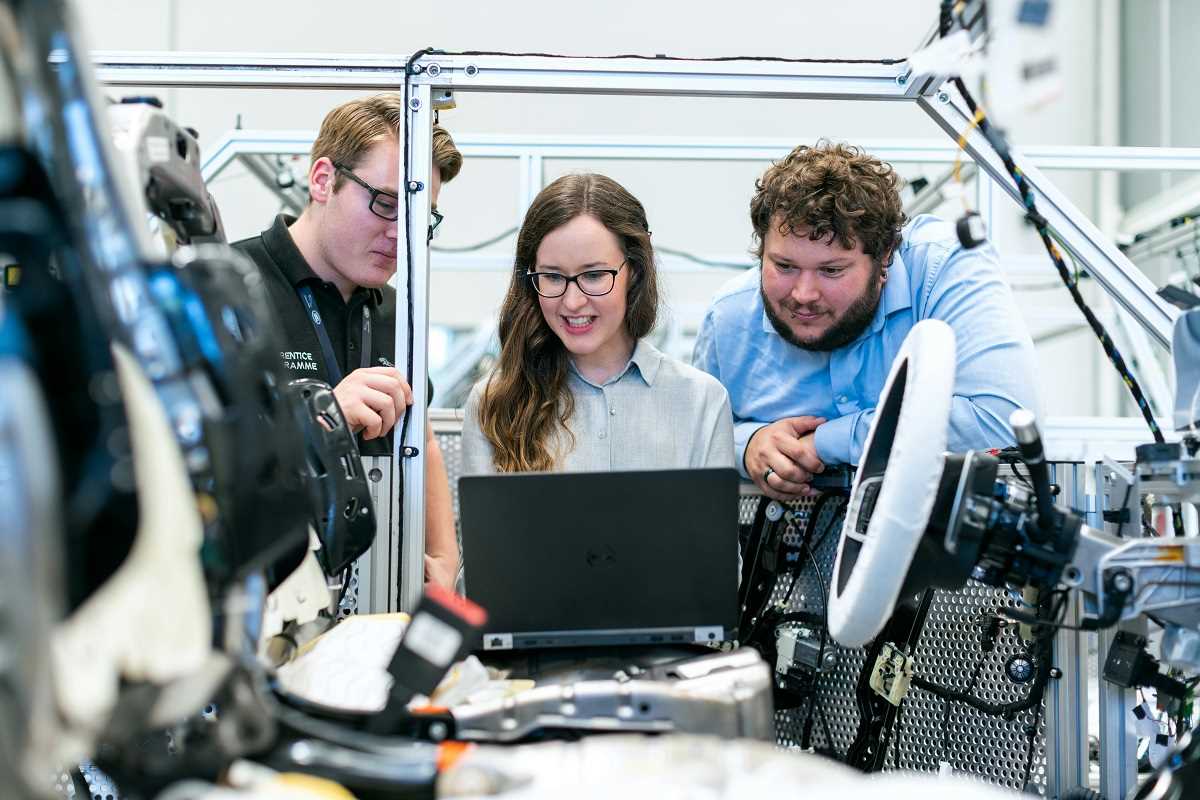Climate change isn’t just a global crisis; it’s one of the biggest challenges humanity has faced. The good news? The tech industry is stepping up to confront it head-on. Today, some of the world’s most influential tech firms are leveraging innovation and technology to create solutions that address climate change while setting the standard for sustainability. But what are they doing, and how can these efforts really make an impact? Here’s a breakdown.
Committing to Carbon Neutrality
Tech giants like Google, Amazon, and Microsoft have made ambitious pledges to reduce their carbon footprints. For example:
- Google has been carbon neutral since 2007 and aims to run completely on carbon-free energy by 2030. This means every email sent via Gmail or every Google search performed will eventually be powered by clean energy.
- **Amazon** has committed to achieving net-zero carbon by 2040 through its "Climate Pledge," a goal that includes running its vast operation on 100% renewable energy by 2025. - **Microsoft** is taking it a step further by pledging to remove all the carbon it has emitted since its founding in 1975. It also invested $1 billion in a climate innovation fund to accelerate technology solutions tackling environmental challenges.
These bold commitments are not just symbolic. They force companies to reimagine their operations—from energy sources and logistics to office designs and supply chains.
Going Green with Renewable Energy
One of the most critical shifts in tackling climate change is the transition to renewable energy sources. Many tech companies are building massive solar and wind farms to power their data centers, which historically require enormous amounts of energy. For instance:
- Apple now powers 100% of its facilities worldwide, including offices and retail stores, with renewable energy. The company is also working with its suppliers to build a fully carbon-neutral global supply chain by 2030.
- Facebook (now Meta) has invested heavily in renewable energy projects, ensuring that its data centers are clean, while helping to add renewable capacity to electricity grids.
These investments are not only helping reduce emissions but are also influencing governments and other sectors to follow suit.
Revolutionizing Energy Efficiency
The demand for energy is growing, and tech companies are finding ways to do more with less. AI, machine learning, and other forms of advanced technology are being used to optimize energy use and increase efficiency.
Take Google’s DeepMind AI, for example. The AI system has reduced the energy needed to cool Google’s data centers by a whopping 40%. Similarly, AI-driven solutions are helping cities optimize energy grids to integrate renewable energy seamlessly. These kinds of breakthroughs not only cut costs but also minimize environmental impact.
Reducing E-Waste
E-waste is one of the fastest-growing waste streams in the world. Companies are working to minimize the environmental damage caused by outdated electronics by pivoting toward circular economies. This includes:
- Recycling Programs: Apple’s “Daisy” robot disassembles old iPhones, recovering rare earth materials that are then reused in new products.
- **Remanufacturing**: Dell has committed to using recycled or renewable materials in 100% of its products and packaging by 2030. By designing products to last longer, and offering trade-in and recycling initiatives, tech firms are reducing the sheer volume of waste that ends up in landfills.
Advocacy and Funding for Climate Tech
Tech firms are not just building their solutions; they’re empowering others too. Many have become leading investors in climate-tech startups that are working on groundbreaking projects such as carbon capture, sustainable agriculture, and eco-friendly transportation.
Take Amazon’s Climate Pledge Fund, which is investing $2 billion to accelerate the growth of sustainable technologies. Similarly, Google’s sustainability initiatives include funding research to understand deforestation trends and using satellites to monitor and protect fragile ecosystems in real time.
Promoting Sustainable Consumer Practices
Tech companies are also influencing consumer behavior by creating products and services that support sustainable living. For example:
- Smart home devices like Nest thermostats help reduce energy consumption by learning user behavior and optimizing heating and cooling systems automatically.
- Ride-sharing services and electric vehicle investments like Uber’s “Green Future Program” and Tesla’s expansive EV offerings are transforming transportation into a greener sector. By offering users tools to track and reduce their carbon footprints, tech firms empower individuals to be part of the solution.
Challenges and the Road Ahead
While the tech industry has made significant strides, challenges still exist. Many tech products rely on rare earth materials whose extraction can have detrimental environmental consequences. Additionally, transitioning supply chains and operations to be fully green requires immense investment and collaboration with policymakers, suppliers, and consumers alike.
The reality is that there’s no one-size-fits-all solution. Climate change demands collective action across industries and governments. But the tech sector is leading with creativity, capital, and innovative thinking.
Be Part of the Solution
Technology’s role in combating climate change is proof of what’s possible when innovation meets responsibility. Whether adopting renewable energy, influencing supply chain sustainability, or funding climate-tech startups, tech firms are sowing the seeds for a greener future.
You can help too. From making conscious consumer choices to exploring new tools like smart thermostats, every contribution counts. Together, we can shape a sustainable tomorrow.
 (Image via
(Image via





